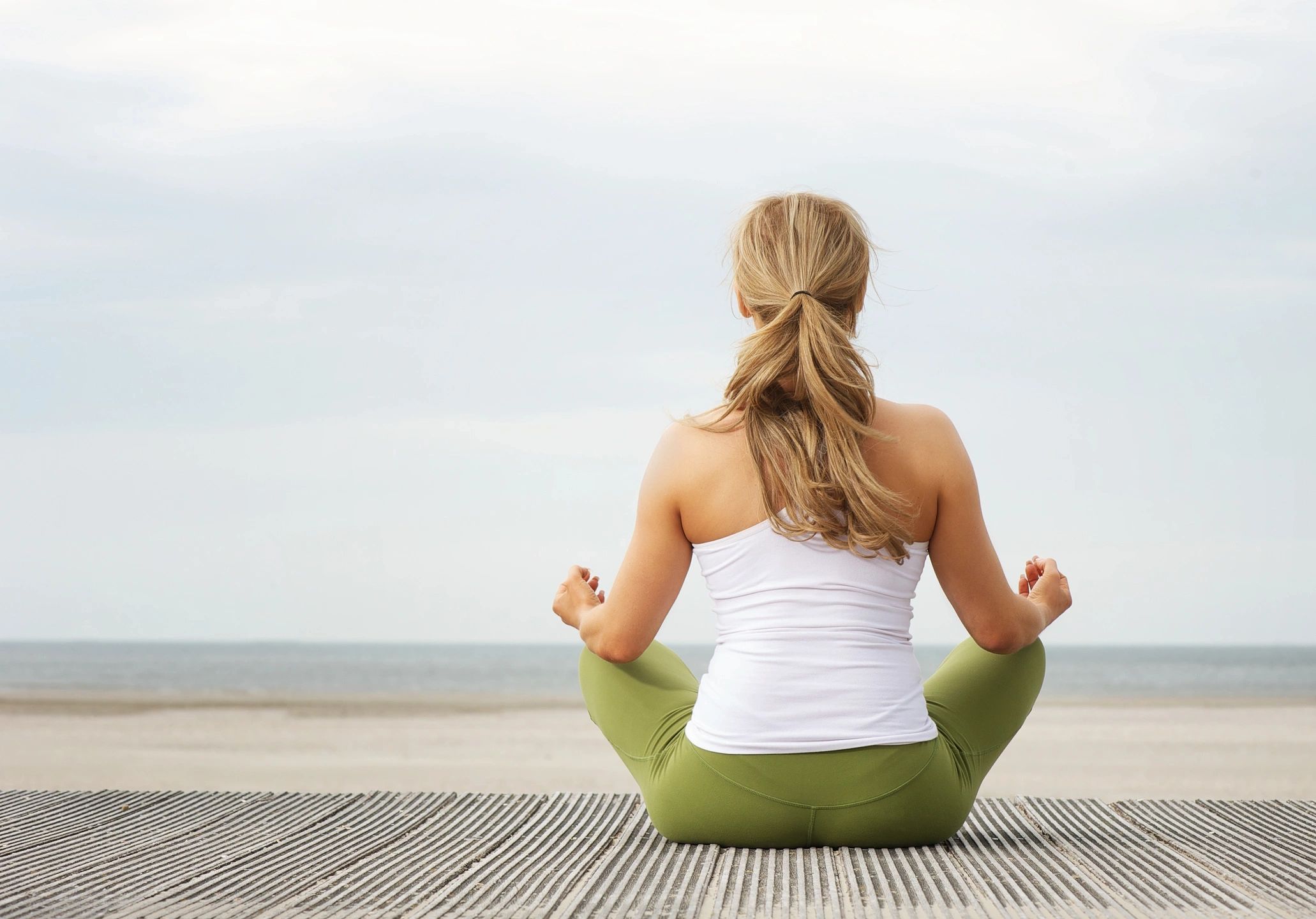How to combat “coronasomnia”? First, let’s define what it is. “Coronasomnia” is the inability to fall asleep or get good quality sleep during this pandemic. There are a number of factors that play into this problem. To name a few: heightened anxiety over everything from health worries to financial problems to the sheer isolation most of us have experienced during the last year.
In addition, many of our schedules have been disrupted. Trying to juggle virtual learning for our kids and working from home has thrown a wrench into our previous routines. Because of this, many people are tending to stay up later, sleep in longer and generally disturb our nighttime patterns.
This is a serious issue.
“Sleep problems constitute a global epidemic that threatens health and quality of life for up to 45% of the world’s population,” according to the World Sleep Society, a nonprofit organization of sleep professionals dedicated to advancing “sleep health worldwide.”
What are the common mistakes we are making in trying to fight “coronasomnia”?
Too Much Screen Time
It’s a bad habit that most of us just can’t resist. Just a quick glance at social media before bed can turn into hours of unnecessary and harmful screen time. Watching television before bed is also a no-no.
These activities expose us to the blue light that suppresses melatonin in our bodies. Melatonin is often referred to as a “sleep hormone” because we sleep better during the night when levels peak.
A good rule of thumb is to cut out any and all screen time at least one hour before bedtime – preferably two.
You’ve Become a Night Owl
Because of the schedule differences during the pandemic, many of us have changed our schedules. Working from home can cause us to start working later, therefore not finishing up “on time.” Also throw in virtual learning, and we just lose hours during the day to complete normal tasks.
So, what are we doing? Staying up too late. Either to get other things done around the house, or to decompress by watching tv or just striving to find some quiet time. Regardless, this is not a healthy move.
Try setting a reasonable bedtime and sticking to it even during weekends and holidays. Your body and mind will thank you for the predictability of a good sleep schedule.
You Are Taking Naps
While the occasional nap is not a bad thing, succumbing to napping daily can be. This is a result of the previous pitfalls – too much screen time and staying up too late. Taking naps can cause sleep disruption at night – especially naps longer than 30-45 minutes.
If you follow the guidelines above in cutting out screen time before bed and setting a regular bedtime, the urge to nap will likely subside.
You are Checking the Time During the Night
This is an awful habit. Checking the clock during the night can lead to anxiety about how much sleep you are NOT getting and how much time there is before you need to wake up.
Try putting your phone across the room from your bed, and keeping clocks away from your nightstand.
You ’re Not Getting Exercise
’re Not Getting Exercise
It seems like with more time at home, we would be exercising more. Not the case. We tend to put exercise on the back burner when we are anxious. This is one of the least healthy things we can do.
Exercise releases the endorphins our body needs to stay happy, relaxed and sleep well. Making time for exercise is crucial to physical and mental health. This can be a simple as a 20 minute walk each day. A bike ride through the neighborhood. Even yoga classes that can be found online.
Make exercise a priority and you will feel better. It’s inevitable.
If after making these changes, you still are having problems with “coronasomnia” – reach out to our therapists. The counselors at Waters Edge can help with the anxiety and depression you may be feeling during this prolonged pandemic. Our online scheduling tool makes it super easy to make an appointment. We are here to help.



